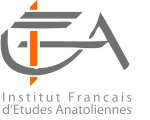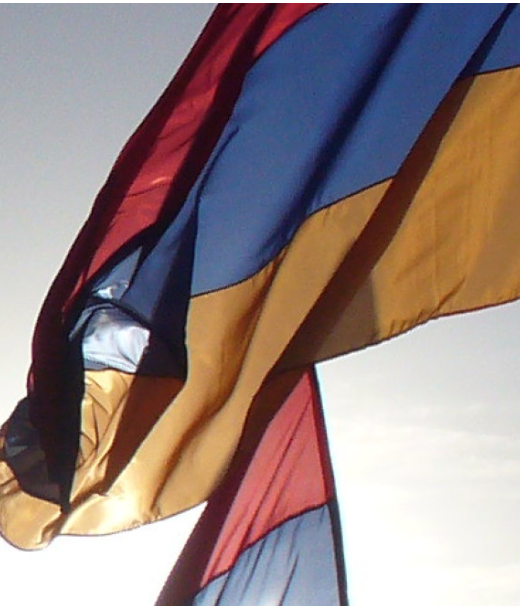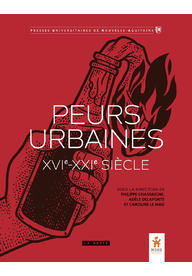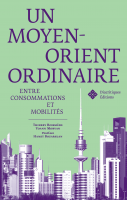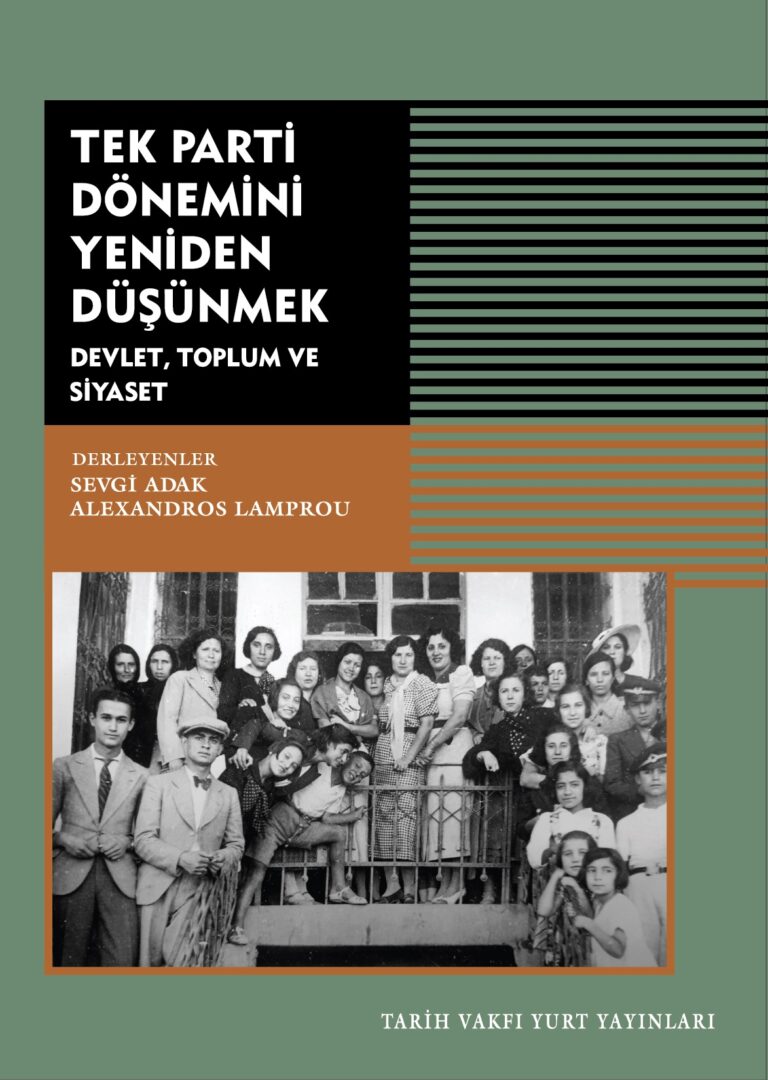
Radikal Faktör: Tek Parti ve Kemalizm’in Oluşum Sürecinde Radikal Parti Etkileşimleri,
Remzi Çağatay Çakırlar Sevgi Adak ve Alexandros Lamprou (der.), Tek Parti Dönemini Yeniden Düşünmek: Devlet, Toplum ve Siyaset, (İstanbul: Tarih Vakfı Yurt Yayınları, 2022) https://tarihvakfi.org.tr/kitap/tarih-vakfi-yurt-yayinlari/tek-parti-donemini-yeniden-dusunmek/ Tek parti dönemi, Cumhuriyet tarihinin üzerinde en çok çalışılmış dönemi olmasının yanında, aynı zamanda bağlamından en çok koparılmış, mitleştirilmiş ve siyasallaşmış dönemidir. Döneme odaklanan, çok farklı bakış açıları ve siyasi pozisyonlardan yazılmış, zengin bir literatür olsa da, bu literatür, büyük oranda, elit odaklı, devleti, merkezi yönetimin politikalarını ve ideolojik tartışmaları önceleyen bir perspektifi yansıtır. Bu perspektif, devleti ve toplumu, kendi içlerinde homojen ve birbirine karşıt olarak resmetme eğilimindedir. Elinizdeki derleme kitap, tek parti döneminin ve bu döneme ilişkin tarihyazımının, yeni bakış açıları ve sorular ışığında yeniden değerlendirilmesi gerektiği tespitinden yola çıkıyor. Kitabı oluşturan bölümler, tek
